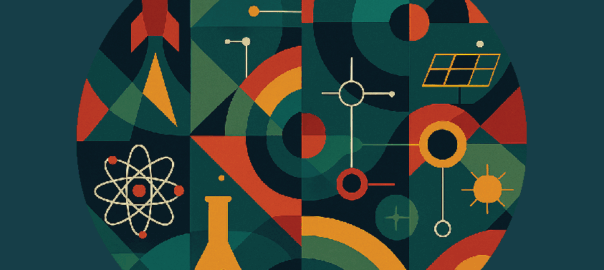Ponúkame čítanie a spoločné uvažovanie o mieri, vojne, ako aj o súvislostiach medzi literatúrou, literárnou vedou, humanitnovedným myslením a reálnou geopolitickou situáciou v dvoch konkrétnych číslach časopisu World Literature Studies.
- 3/2025 na tému Ukrajinská literatúra ako svedkyňa ruskej vojny proti Ukrajine/Ukrainian Literature as a Witness of the Russia’s War against Ukraine, eds. Olha Voznyuk, Kristina Vorontsova: The onset of Russia’s full-scale invasion of Ukraine in 2022 profoundly impacted the development of Ukrainian culture and literature. Despite the common slogan “art beyond war”, in Ukraine’s case, culture became actively engaged in resistance, resilience, and documentation. As of 2025, a number of writers and artists are defending Ukraine as soldiers, while others are demonstrating the power of literature on the international stage. Ukrainian writer Halyna Kruk has claimed that these unprecedented processes of transformation will define the face of Ukrainian poetry for the coming decades. Thus, nowadays literature serves both as a means of revealing trauma and as a tool for documenting the social and cultural transformations experienced by society during times of crisis. Ukrainian authors of the studies analyze various strategies for reconstructing and consolidating national and cultural identity. Their articles present a body of scholarship that explores wartime experiences, giving voice to diverse narrative perspectives reflecting the intricate nature of both collective and individual trauma. They explore how in the face of catastrophe, literature becomes a space where personal experience and national memory intertwine; how the war and its dramatic episodes are perceived and narrated across different contexts, including the academic environment, offering a multifaceted view of conflict, memory, and identity.
- 4/2024 na tému Fikčné reality večného mieru/Fictional Realities of Eternal Peace, ed. Johannes Kaminski: Warfare runs against the values promoted by liberal democracies. Many literary authors, despite their often pacifist convictions, have also provided the most drastic accounts of power constellations when “peace” reveals itself as “pacification”. Irritatingly, world literature features greater examples of dystopian architectures than of happy places. Is this possibly an indication of a deeply human feature, a certain inability – or even unwillingness – to imagine a perfect world? While authoritarian leaders and ideological zealots unremittingly offer their remedies, the dystopian imagination reminds us of an important truth: even if things are not great at the moment, that does not mean they cannot get worse.
